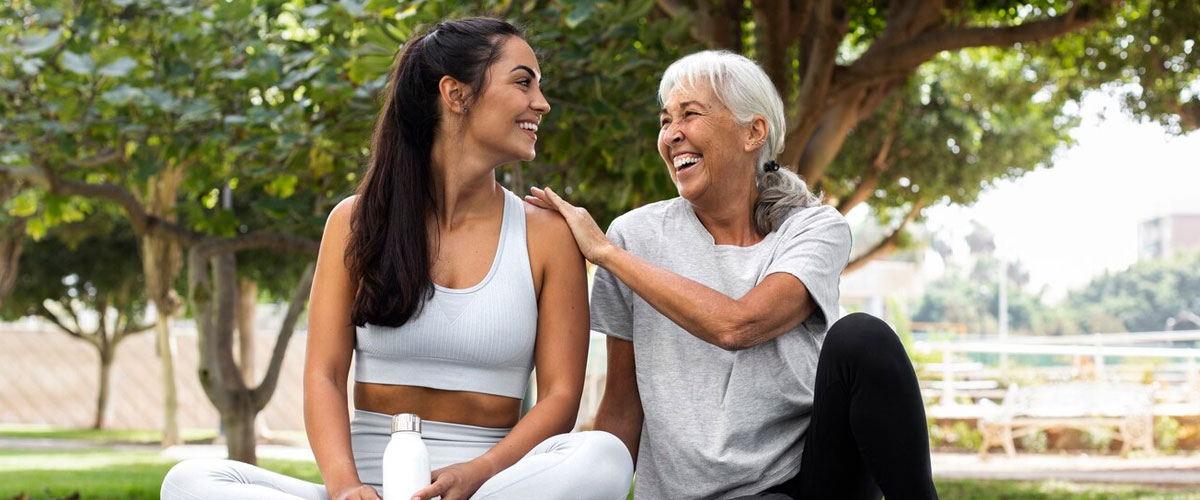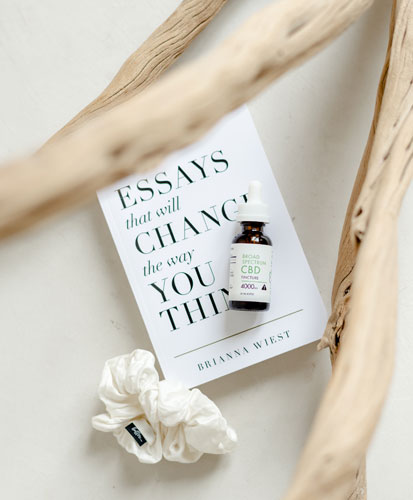- You have no items in your shopping cart
- Continue Shopping

Cannabidiol, commonly known as CBD, has become a buzzword in health and wellness circles, celebrated for its potential therapeutic benefits. As its popularity grows, so does interest in its effects on specific populations, particularly the elderly. This article delves into the benefits and safety considerations of CBD use among older adults, aiming to provide a comprehensive understanding for those considering this natural remedy.
Understanding CBD
CBD is a non-psychoactive compound found in the cannabis plant. Unlike THC (tetrahydrocannabinol), the compound responsible for the “high” associated with marijuana, CBD does not induce any psychoactive effects. This makes it an attractive option for individuals seeking relief from various ailments without the mind-altering consequences of cannabis.
CBD products come in various forms, including oils, edibles, capsules, and topicals. Each form offers different advantages depending on the user’s needs and preferences. For example, oils and tinctures can be taken sublingually for quick absorption, while edibles and capsules provide a convenient, discreet way to consume CBD. Topicals, such as creams and balms, can be applied directly to the skin for localized relief.
Potential Benefits of CBD for the Elderly
Pain Management
Chronic pain is a common issue among the elderly, often stemming from conditions like arthritis, neuropathy, and general wear and tear on the body. CBD has shown promise in alleviating pain through its interaction with the endocannabinoid system, which plays a role in regulating pain, mood, and other physiological functions.
Examples of Pain Relief:
- Arthritis: Many elderly individuals with arthritis report reduced pain and inflammation after using CBD. Scientific studies support these claims, suggesting that CBD can help manage arthritis pain and improve joint function.
- Neuropathy: Nerve pain, or neuropathy, can be debilitating. CBD’s anti-inflammatory and analgesic properties may help reduce the discomfort associated with neuropathy, offering a better quality of life for sufferers.
Anxiety and Depression Relief
Mental health issues like anxiety and depression can significantly impact the elderly, affecting their overall well-being. CBD is believed to have anxiolytic (anxiety-reducing) and antidepressant effects, which can help improve mood and reduce stress.
Scientific Support:
- Studies have shown that CBD can enhance serotonin levels in the brain, which plays a crucial role in mood regulation.
- Elderly users often report feeling calmer and more relaxed after taking CBD, contributing to better mental health.
Sleep Improvement
Sleep disturbances are common among older adults, often leading to fatigue, irritability, and other health problems. CBD may promote better sleep by addressing the root causes of sleep issues, such as anxiety, pain, and restless leg syndrome.
Real-life Experiences:
- Many elderly individuals have found that taking CBD before bed helps them fall asleep faster and stay asleep longer. This improvement in sleep quality can lead to better overall health and a more active lifestyle.
Neuroprotection
Neurodegenerative diseases like Alzheimer’s and Parkinson’s are major concerns for the elderly. Emerging research suggests that CBD may have neuroprotective properties, potentially slowing the progression of these diseases and improving cognitive function.
Current Research:
- Studies are ongoing, but early results are promising. CBD’s anti-inflammatory and antioxidant properties may protect brain cells from damage and support overall brain health.
- Future possibilities include CBD as a complementary therapy for managing symptoms and improving the quality of life for those with neurodegenerative conditions.
Safety Considerations for Elderly CBD Users
Possible Side Effects
While CBD is generally well-tolerated, it can cause side effects in some individuals. These may include dry mouth, dizziness, changes in appetite, and diarrhea. However, these side effects are usually mild and temporary.
Mitigating Risks:
- Start with a low dose of CBD and gradually increase it until you achieve the desired effect. This approach can help minimize the risk of side effects.
- Stay hydrated and take CBD with food to reduce the likelihood of experiencing adverse effects.
Drug Interactions
One of the most critical safety considerations for elderly CBD users is the potential for drug interactions. CBD can interact with various medications, including blood thinners, antidepressants, and anti-seizure drugs, among others.
Always consult with a healthcare provider before starting CBD, especially if you are taking other medications. A medical professional can help determine if CBD is safe for you and advise on appropriate dosages.
Quality and Dosage
The quality of CBD products can vary significantly, making it crucial for elderly users to choose high-quality products from reputable sources. Look for CBD items that have been third-party tested for purity and potency, as this ensures they meet safety and effectiveness standards. This information is usually available on the product’s label or the manufacturer’s website. Additionally, finding the right dosage is essential for achieving the desired benefits without adverse effects. It’s advisable to start with a low dose and gradually increase it until you find the optimal amount that works for your needs. Elderly individuals often require lower doses than younger users, so careful monitoring and adjustment are important.
Practical Tips for Elderly CBD Users
How to Start Using CBD Safely
Starting CBD can be a straightforward process if approached carefully. Here are some practical tips to ensure a safe and effective experience:
- Consult Your Doctor: Before beginning any new supplement, including CBD, discuss it with your healthcare provider to ensure it won’t interfere with your existing medications or health conditions.
- Start Low and Go Slow: Begin with a low dose of CBD and gradually increase it until you achieve the desired effects. This approach helps your body adjust and minimizes the risk of side effects.
- Monitor Effects: Keep track of how you feel after taking CBD, noting any changes in symptoms, mood, or side effects. This information can help you and your doctor determine the best dosage and form for your needs.
Choosing the Right Product
With so many CBD products on the market, selecting the right one can be overwhelming. Here are some factors to consider:
- Potency: Choose a product with a potency that matches your needs. Lower potencies are generally sufficient for mild symptoms, while higher potencies may be necessary for more severe issues.
- Form: Decide which form of CBD is most convenient and effective for you. CBD oil tinctures offer quick absorption, while edibles and capsules provide a more sustained release. Topicals are ideal for localized pain relief.
- Brand Reputation: Purchase CBD products from reputable brands like CBDMagic for their quality and transparency. Look for brands that provide third-party lab test results and clear information about their sourcing and manufacturing processes.
Consulting with Healthcare Professionals
The importance of medical advice tailored to individual health conditions cannot be overstated. Consulting with healthcare professionals can help ensure that CBD is a safe and effective option for you.
- Individualized Advice: Your doctor can provide personalized recommendations based on your medical history, current medications, and overall health.
- Monitoring: Regular check-ins with your healthcare provider can help monitor your progress and make any necessary adjustments to your CBD regimen.
Conclusion
CBD holds significant promise for improving the quality of life for the elderly, offering potential benefits for pain management, anxiety relief, sleep improvement, and neuroprotection. However, it is essential to approach CBD use with caution, considering possible side effects, drug interactions, and the importance of choosing high-quality products. By consulting with healthcare professionals and starting with a low dose, elderly individuals can safely explore the potential of CBD as a natural remedy for various health issues.
It’s important to educate our elders about natural alternatives for healing and wellness. Shop with CBD2HEAL for Canada’s best organic CBD oil.








